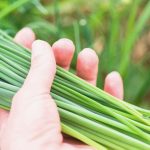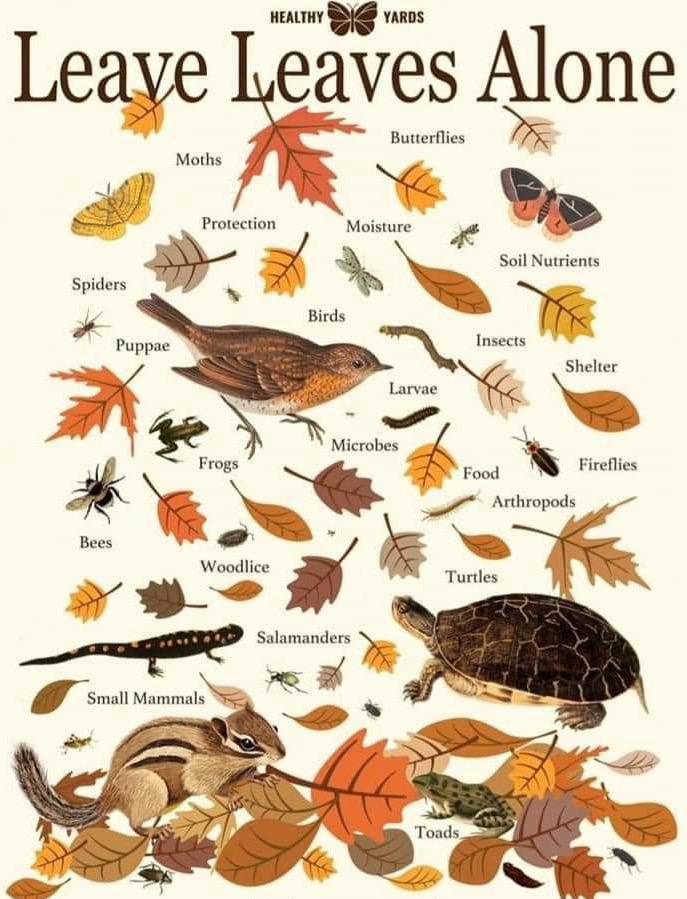

Found this useful?
Please share it.
As the autumn season rolls in, we often find ourselves spending hours raking up leaves that have fallen on our lawns and gardens. It’s a common practice to keep our outdoor spaces clean and tidy, but have you ever stopped to consider the impact of raking up leaves on the environment? In this article, we’ll discuss why it’s important not to rake up leaves and how it can benefit both our ecosystems and ourselves.
Leaves are an excellent source of nutrients for the soil. When left to decompose on the ground, they provide a natural source of organic matter that helps to feed the microorganisms in the soil. This, in turn, promotes healthy soil structure and supports the growth of plants and trees.
Leaves that are left on the ground provide an excellent habitat for a wide range of wildlife, including insects, birds, and small mammals. They provide cover, nesting materials, and a food source for these animals. By removing the leaves, we are removing an important component of their habitat, which can have negative consequences for the local ecosystem.
Raking up leaves can be a time-consuming and labor-intensive task. By leaving the leaves on the ground, you can save yourself a lot of time and effort. Not only will you have more time to enjoy other activities, but you’ll also be able to reduce your carbon footprint by avoiding the use of petrol-powered leaf blowers.
As mentioned earlier, leaves left on the ground can provide essential nutrients to the soil. This can help to improve soil health by promoting healthy microorganisms, reducing erosion, and increasing water retention. Additionally, the decomposing leaves can help to regulate soil temperature, which can promote the growth of certain plants and trees.
By not raking up leaves, you’re promoting sustainable gardening practices. Sustainable gardening involves using natural resources, such as leaves and other organic matter, to promote healthy plant growth. By leaving the leaves on the ground, you’re providing a natural source of nutrients for your garden, which can help to reduce the need for chemical fertilizers and other harmful gardening practices.
In conclusion, it’s essential not to rake up leaves to support the health of our ecosystems and ourselves. The leaves provide an important source of nutrients for the soil, habitat for wildlife, and promotes sustainable gardening practices. So, next time you’re tempted to break out the rake, consider the benefits of leaving the leaves on the ground and let nature take its course.
Great tips, articles, product information and more. Working towards a greater state of holistic health.